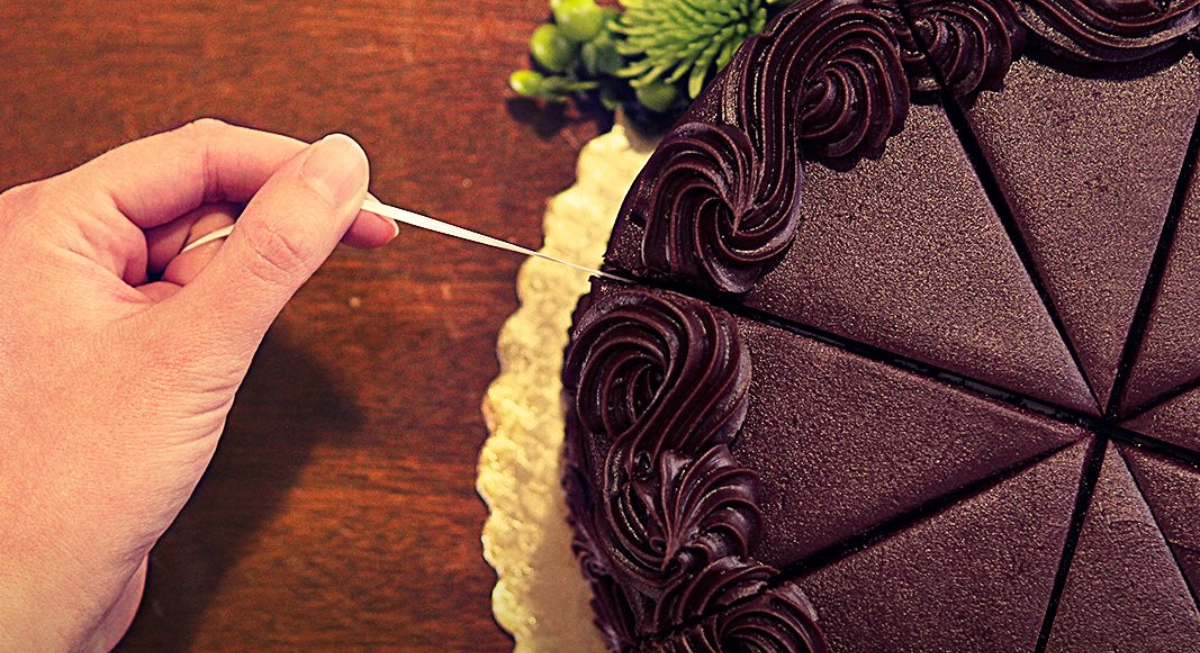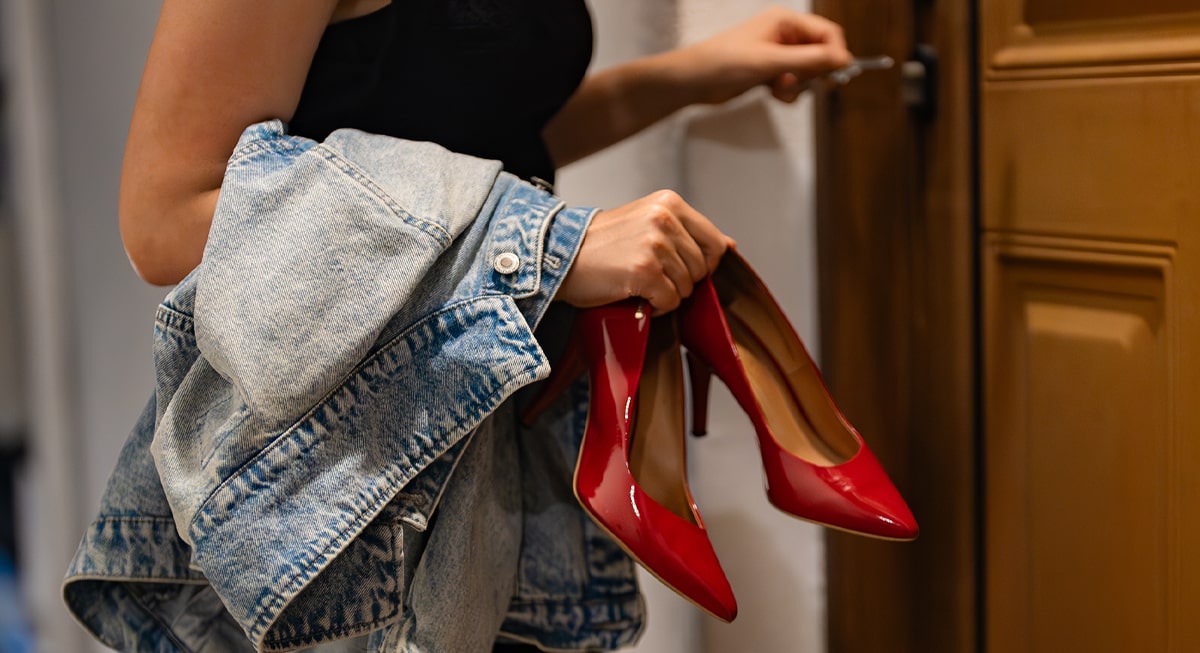John Oliver recently did a segment on food waste in the United States, and the statistics were sobering. 40% of the food produced in the United States goes to waste, and American households throw out 15-20% of the food they purchase.
Some of this has to do with arbitrary "sell by," "use by," "best by" dates. How are we as consumers supposed to know what these mean? Admittedly, I tend to ignore them when it comes to a lot of products. This yogurt is dated last week? Well, it smells okay, so I'm going to eat it. Stomach, don't fail me now! When it comes to things like meat though, I'm much more cautious. For the most part, if I buy chicken or pork, if I'm not planning to eat it in the next few days, I put it in the freezer. Of course, things can't be frozen indefinitely, but I'm much more lax about that.
In this era of buying in bulk and using coupons and getting bargains, it's all too easy to end up with too much of something and having it go to waste. How often have you opened the fridge to find something growing where it shouldn't be? Found an apple browning in the back of the produce drawer? It happens to the best of us. At least with produce, I can toss it into the compost bin, but I'm just as guilty as the next person of letting food go to waste.
Even when it's not going to waste, I find myself stockpiling when things are on sale. I discovered I have five boxes of quinoa in my pantry. I really like quinoa, so this isn't a problem, but why do I have five boxes? I should clearly make it soon.
And it's not just food. How often do you stock up on things and then decide that what you bought isn't something you need anymore? In my decluttering, I just found a few reams of note paper that I clearly bought back in the days when I was taking notes in class. They're getting donated, but did I really need to buy that much paper? (Also, I haven't been in school in 8 years and have moved twice since then. Why do I still have this?) Another area where I'm guilty is cleaning supplies. I stock up on something I use, then find that I like a different product more and instead of using up what I have first, I start using the new product and the old just sits there on a shelf.
A few years ago, I tried an organizing plan I read about online. You make a list of what's in your cabinet and when you take something out and use it up, you mark it off, so you know when you need to buy things like toilet cleaner or shaving cream. You can imagine how well that went for me. That might work for the super organized person, but that person certainly isn't me.
I need to try a challenge for myself. Use up what I have. Grocery shop only for fresh fruits and veggies and use up what's in the pantry and in the freezer. Go through the cleaning supplies and figure out what I have and then use it. Don't consider buying anything new until I absolutely need to. It's not like the world will end if one morning I go to clean the bathroom and I'm out of cleaner. There are multiple stores within five minutes of my house. There is even a 24 hour drugstore where I'm sure I could buy whatever I need. The world will not end if I have to wait.
How can you reduce waste in your home?









